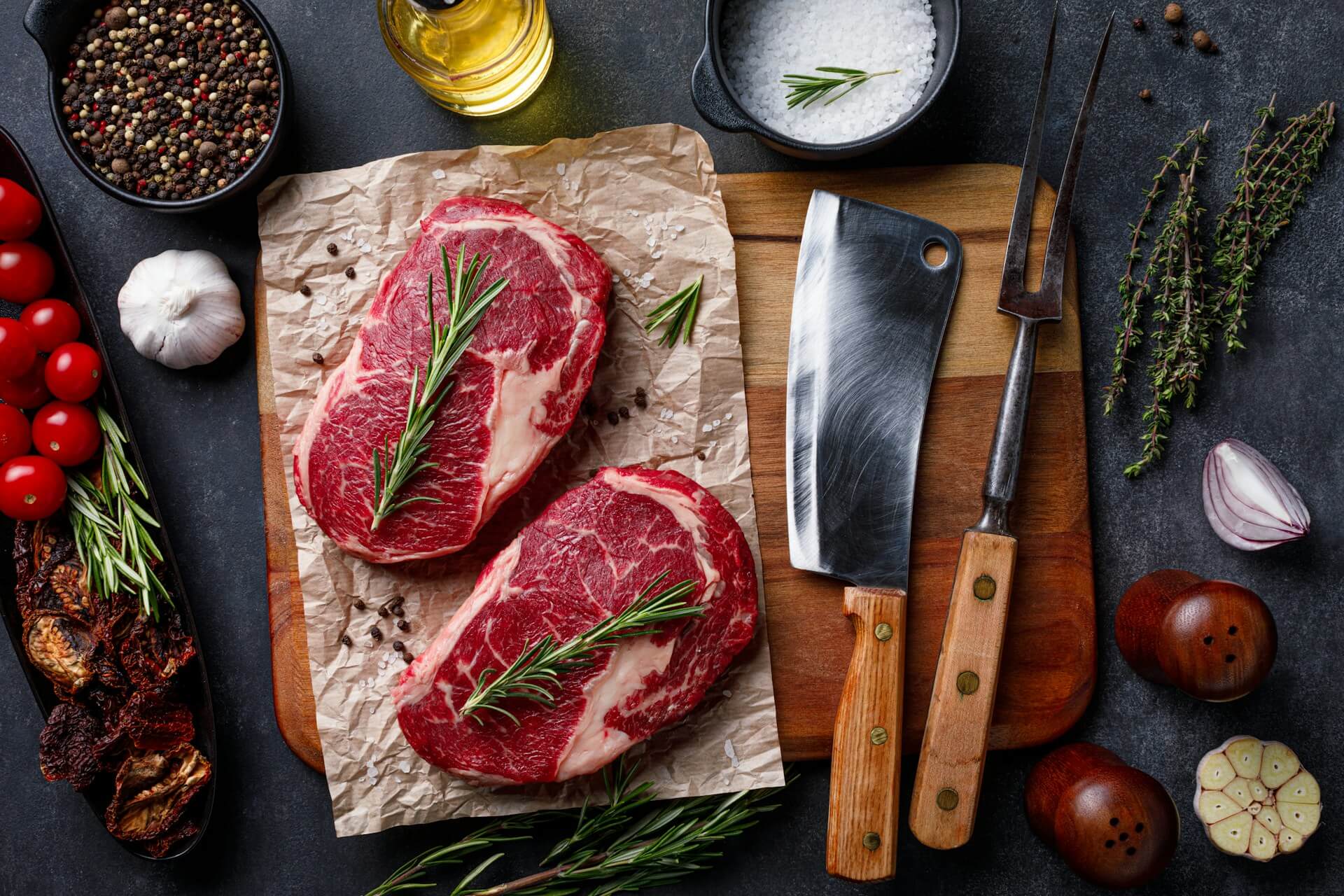You’ve probably seen it all over your feed: claims that fasting can “starve cancer cells” or boost treatment results. But then you read something else that says fasting during treatment is dangerous.
It’s exhausting trying to figure out what’s true, especially when you just want to do everything right to stay healthy and keep cancer away.
The truth is, fasting and cancer is way more complicated than social media makes it seem. Some research looks promising, but other studies raise serious red flags.
As your oncology dietitian, I’m here to cut through the noise and give you the real science so you can make informed decisions about your health without the fear and confusion.
Get Yours Free, The Clean Scan Plan!
Before we dive into science, I want you to have something practical in your hands. The Clean Scan Plan is my 5-Pillar NED Method that helps you reduce cancer risk through nutrition, exercise, hydration, sleep, and self-care. It’s the exact framework I use with my clients to build confidence around their health.
What Is Intermittent Fasting and How Does It Work?
Intermittent fasting is an eating pattern that cycles between periods of eating and voluntary fasting. Unlike traditional diets that focus on what you eat, fasting focuses on when you eat. There are several approaches, and understanding the differences helps you navigate the research and recommendations you’ll come across.
Different Types of Fasting Methods
The most common fasting approaches include:
- Time-restricted eating: You eat within a specific window each day, typically 8-10 hours, and fast for the remaining 14-16 hours. The 16:8 method (16 hours fasting, 8 hours eating) is most popular.
- Alternate-day fasting: You alternate between days of normal eating and days where you eat very little (about 25% of normal calories) or nothing at all.
- The 5:2 diet: You eat normally five days per week and restrict calories to about 500-600 on two non-consecutive days.
- Fasting-mimicking diets (FMD): These involve eating very low-calorie, plant-based meals for several consecutive days per month to mimic the effects of fasting while still providing some nutrition.
- Prolonged fasting: Extended periods without food, typically 24 hours or longer, done occasionally.
How Fasting Affects Your Body
When you fast, your body goes through what researchers call a “metabolic switch.” After your body uses up glucose from your last meal (usually 12-16 hours), it starts breaking down fat for energy. This produces ketone bodies, which become an alternative fuel source.
During fasting, your insulin and blood glucose levels drop significantly. This shift affects multiple biological processes, including autophagy (your body’s cellular cleanup system), inflammation levels, and how your cells respond to stress. These metabolic changes are why researchers started exploring whether fasting might affect cancer cells differently than normal cells.
Does Fasting Starve Cancer? The Truth Behind the Theory
No, fasting does not starve cancer cells. This is one of the most harmful myths circulating online, and as your cancer dietitian, I need to be crystal clear about this: cancer cells are incredibly adaptable, and fasting alone cannot kill them or stop cancer growth.
The idea sounds logical at first. Cancer cells do use more glucose than normal cells, a phenomenon called the Warburg effect. This led some people to believe that cutting off glucose through fasting would selectively harm tumors.
But here’s what actually happens: when you restrict glucose, cancer cells simply switch to alternative fuel sources like fatty acids, ketone bodies, or even break down proteins in your body to survive.
In my programs, I’ve seen countless survivors come to me terrified of eating carbohydrates or convinced they need to fast for days to “keep cancer away.” If you’re ready for expert, personalized support, apply here for: VIP 1:1 Cancer nutrition & Lifestyle Coaching with me today so you don’t waste another week stuck guessing what’s right for your body.
The Serious Risks of Fasting for Cancer Patients
This is where I get really serious because the risks of inappropriate fasting during cancer are not theoretical. They’re real, dangerous, and easily become life-threatening.
Cancer Cachexia and Malnutrition
Cancer cachexia is a devastating syndrome characterized by severe muscle loss and fat depletion that affects up to 80% of patients with advanced cancer.
It’s metabolically distinct from simple starvation. Even when patients try to eat adequately, the cancer and inflammatory processes drive muscle wasting, fatigue, and nutritional decline.
Many cancer patients are already malnourished before they even start treatment. The disease itself, along with treatments like chemotherapy and radiation, can cause appetite loss, nausea, taste changes, and difficulty eating. Adding fasting on top of this existing nutritional vulnerability is incredibly dangerous.
How Cancer Changes Your Metabolism
When you have cancer, your body enters a hypermetabolic state. This means you’re burning calories faster than usual, even at rest. Your body needs more protein and energy to fight the disease, repair tissue damage from treatment, and maintain immune system function.
Metabolic regulation becomes dysregulated, and your body starts breaking down muscle tissue to meet its increased energy demands.
As your oncology dietitian, I see this constantly in my practice. A client recently told me she was trying intermittent fasting to “boost autophagy and fight cancer” while undergoing chemotherapy for endometrial cancer.
She didn’t realize that her body composition was shifting dramatically. She was losing muscle mass at an alarming rate, which was making her treatments harder to tolerate and slowing her recovery.
When Fasting Becomes Dangerous
Fasting during active cancer treatment can lead to:
- Accelerated muscle wasting: Your body breaks down healthy tissue, including heart and skeletal muscle, to meet energy needs
- Weakened immune system: Nutritional deficiencies impair your body’s ability to fight infections and recover from treatment
- Treatment delays and interruptions: Malnourished patients often become too weak to continue chemotherapy or radiation at full doses, which can reduce treatment effectiveness
- Reduced treatment tolerance: Poor nutritional status increases the severity of side effects and complications
- Longer hospital stays: Malnutrition is associated with more infections and slower healing after surgery
A systematic review of fasting in cancer patients emphasized that while fasting-mimicking diets may have some applications, fasting should only be attempted under strict medical supervision.
The risk of exacerbating malnutrition, especially in patients with aggressive cancers or those already experiencing weight loss, is simply too high.
This Is Exactly Why I Created The Clean Scan Plan
After working with thousands of cancer survivors, I know how confusing and scary nutrition advice can be. The Clean Scan Plan cuts through the noise and gives you evidence-based strategies to reduce your cancer risk without extreme restrictions or dangerous fasting protocols.
What Oncology Dietitians Recommend Instead
Instead of extreme dietary interventions like fasting, here’s what actually works to support your body during and after cancer.
Evidence-Based Cancer Treatments Come First
Let me be absolutely clear: nutrition is incredibly important, but it does not replace medical treatment. The proven ways to treat cancer include surgery, chemotherapy, radiation therapy, immunotherapy, targeted therapies, and hormone therapy. These treatments, backed by decades of rigorous research and clinical trials, target cancer cells directly.
The Role of Proper Nutrition During Treatment
Well-nourished cancer patients respond better to treatments and experience fewer complications. Research consistently shows that adequate nutrition during treatment leads to better outcomes. This means eating enough calories and protein to meet your body’s increased needs, staying hydrated, and getting essential vitamins and minerals.
In my coaching programs, I help survivors understand that their bodies need more nutrition during treatment, not less. We focus on anti-inflammatory foods to reduce cancer risk while ensuring they’re meeting their energy needs. This looks completely different from fasting or extreme caloric restriction.
Who Should Never Fast
Certain cancer patients should absolutely avoid fasting:
- Anyone currently receiving chemotherapy, radiation, or other active treatment
- Patients with any degree of unintentional weight loss
- Those with low body weight or BMI
- Anyone experiencing cancer cachexia or muscle wasting
- Pediatric cancer patients
- Patients with breast cancer or other cancers who are already struggling with adequate nutrition
- Anyone with a history of eating disorders
Could Fasting Help After Cancer Treatment?
No, not entirely. Some research suggests that moderate time-restricted eating approaches, like a 13-14 hour overnight fast, might offer metabolic benefits for cancer survivors. This is very different from the extreme fasting protocols being promoted online.
A gentle overnight fast is something many people naturally do anyway and may help with metabolic regulation and body composition.
What we know for certain is that any dietary intervention for cancer patients needs to be individualized, supervised, and balanced against the very real risks of malnutrition. One-size-fits-all approaches don’t work when it comes to cancer nutrition.
Making Smart Nutrition Choices as Your Cancer Dietitian
So where does this leave you? How do you navigate the confusing world of cancer nutrition advice?
Red Flags to Watch Out For
Be skeptical of anyone who:
- Claims fasting can cure cancer or replace medical treatment
- Promotes extreme fasting protocols without medical supervision
- Promises that calorie restriction or ketogenic diets will “starve” cancer cells
- Uses fear-based messaging about food “feeding cancer”
- Sells expensive supplements or programs alongside fasting recommendations
- Ignores individual medical history, cancer type, treatment status, and nutritional needs
I’ve worked with survivors who wasted months and thousands of dollars following dangerous advice from unqualified “coaches.” Don’t let fear drive you toward unproven and potentially harmful interventions. You can learn more about evidence-based approaches in my article on alternative diets and cancer.
Ending Thought
As your cancer dietitian, what I want you to take away from this is simple: you don’t need to fast or follow extreme diets to reduce your cancer risk. Focus on nourishing your body with adequate nutrition, staying physically active, and working with qualified healthcare professionals who understand cancer nutrition.
You deserve better than fear-based nutrition advice. You deserve clarity, confidence, and a plan that actually supports your health without putting you at risk. And that’s exactly what I’m here to help you build.
Ready to Feel More Confident About Your Scans?
Healing doesn’t stop when treatment ends. The Clean Scan Plan helps you build lasting habits around food, hydration, movement, sleep, and stress that reduce recurrence risk and restore peace of mind. Join thousands of survivors who’ve found clarity and confidence through this evidence-based approach.
Yes! Send Me the Free Clean Scan Plan
References
- https://pmc.ncbi.nlm.nih.gov/articles/PMC9530862/
- https://www.mskcc.org/news/fasting-primes-immune-systems-natural-killer-cells-to-better-fight-cancer-new-study-in-mice-finds
- https://pmc.ncbi.nlm.nih.gov/articles/PMC12035504/
- https://www.mdanderson.org/cancerwise/what-to-know-about-fasting-during-cancer-treatment.h00-159694389.html
- https://academic.oup.com/nutritionreviews/article/83/7/e1660/7745808
- https://pmc.ncbi.nlm.nih.gov/articles/PMC11614448/
- https://acsjournals.onlinelibrary.wiley.com/doi/10.3322/caac.21694




